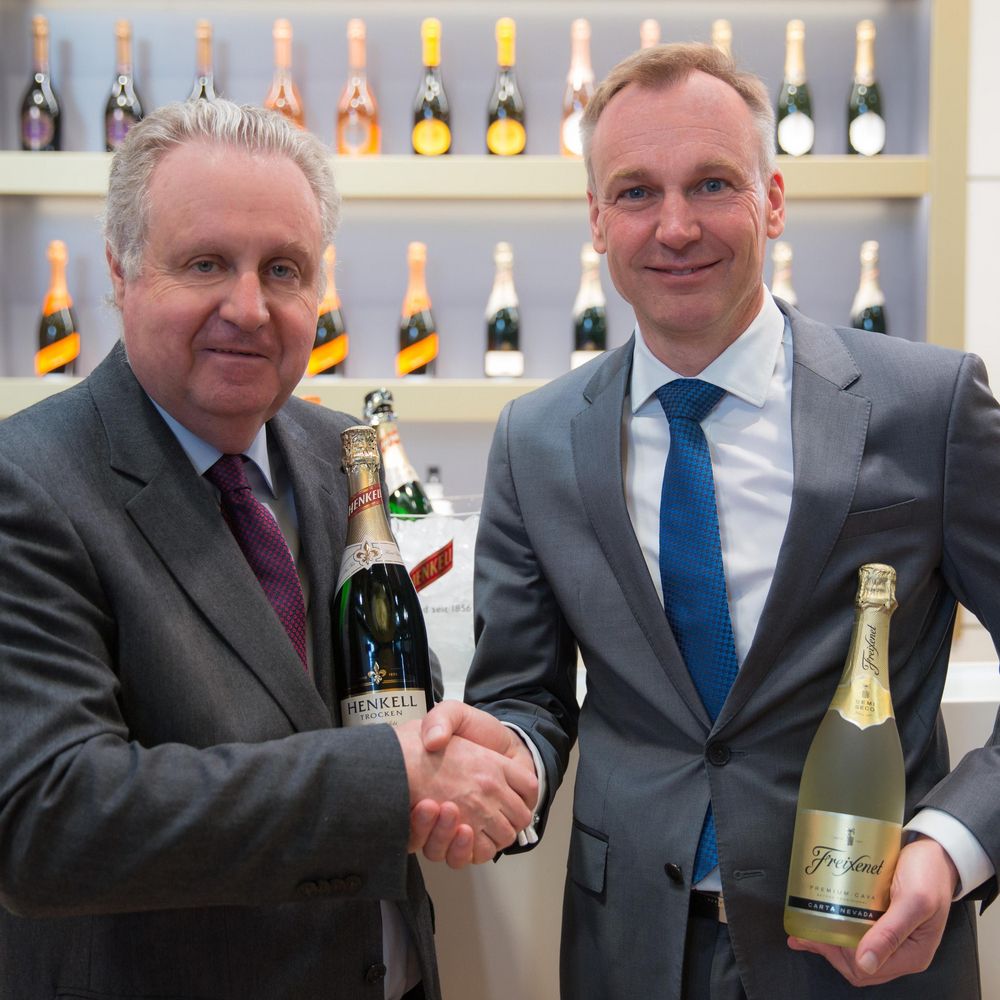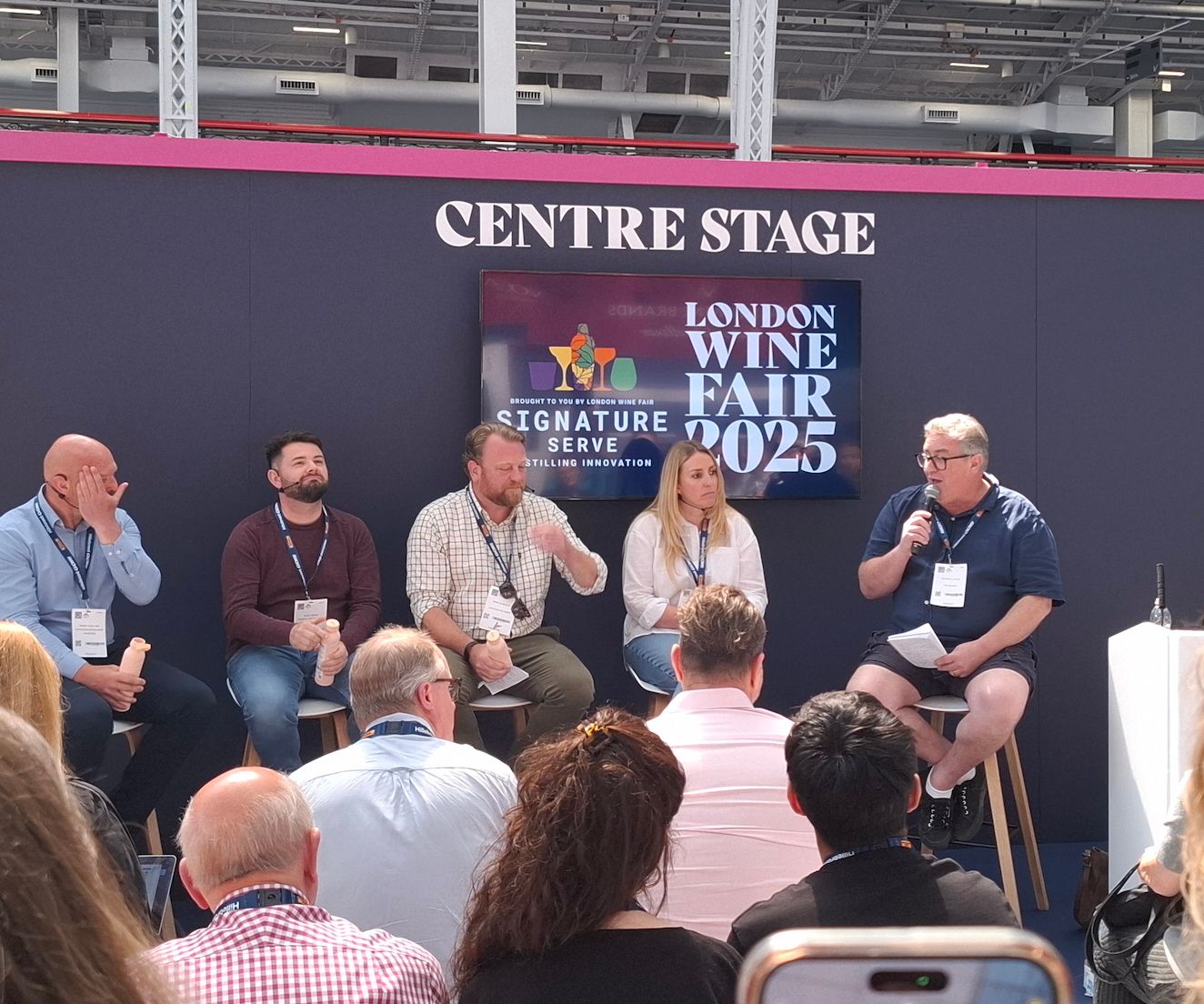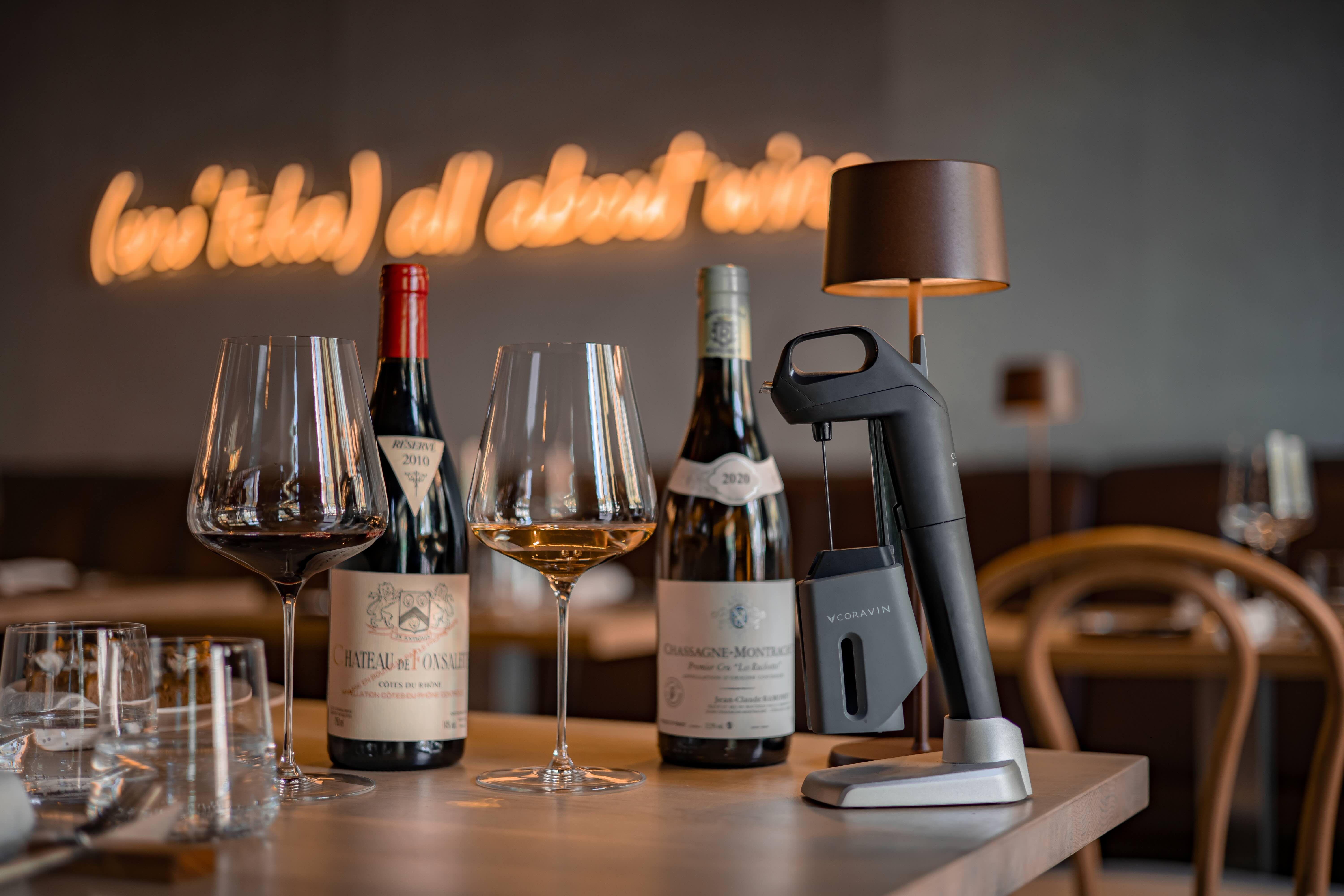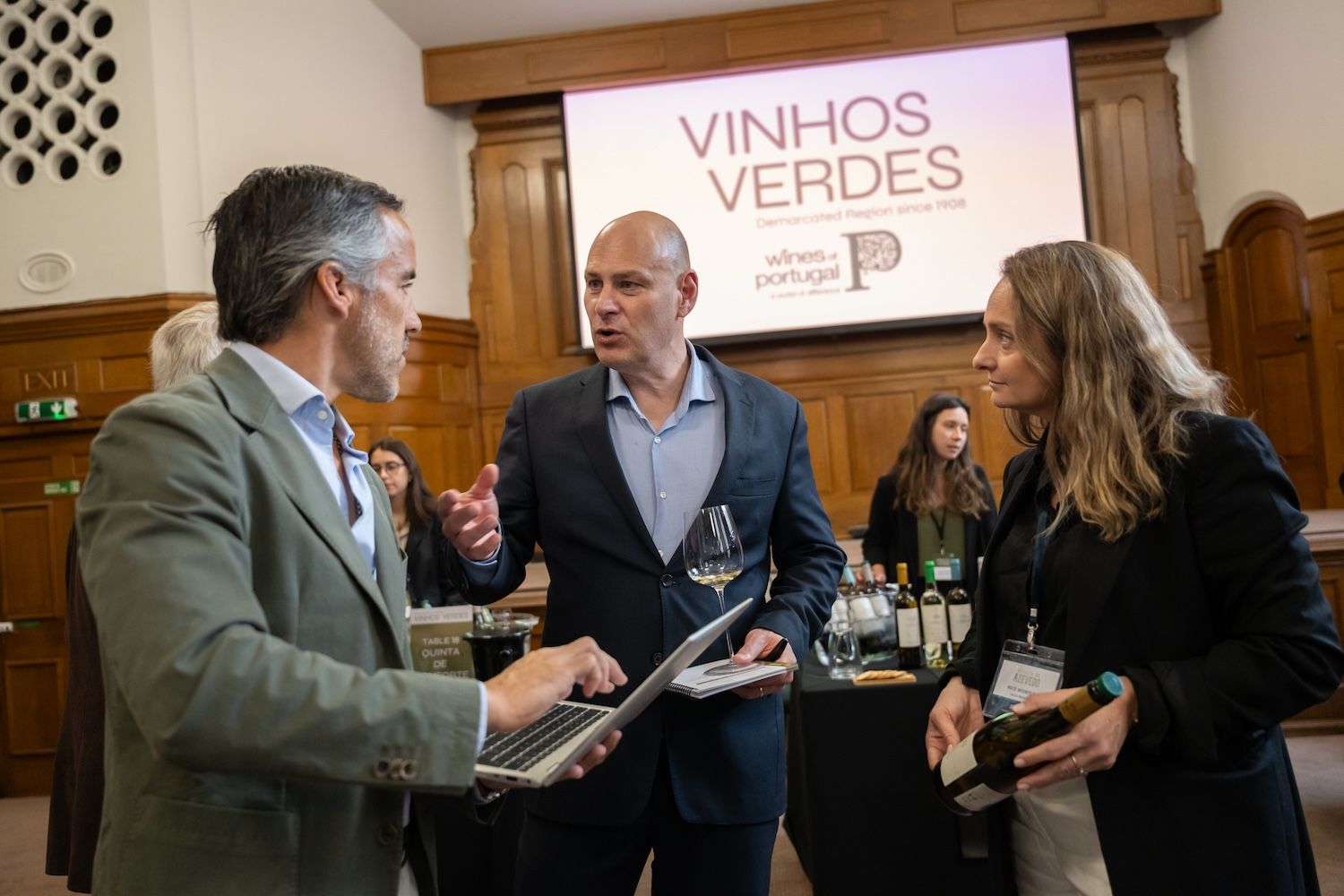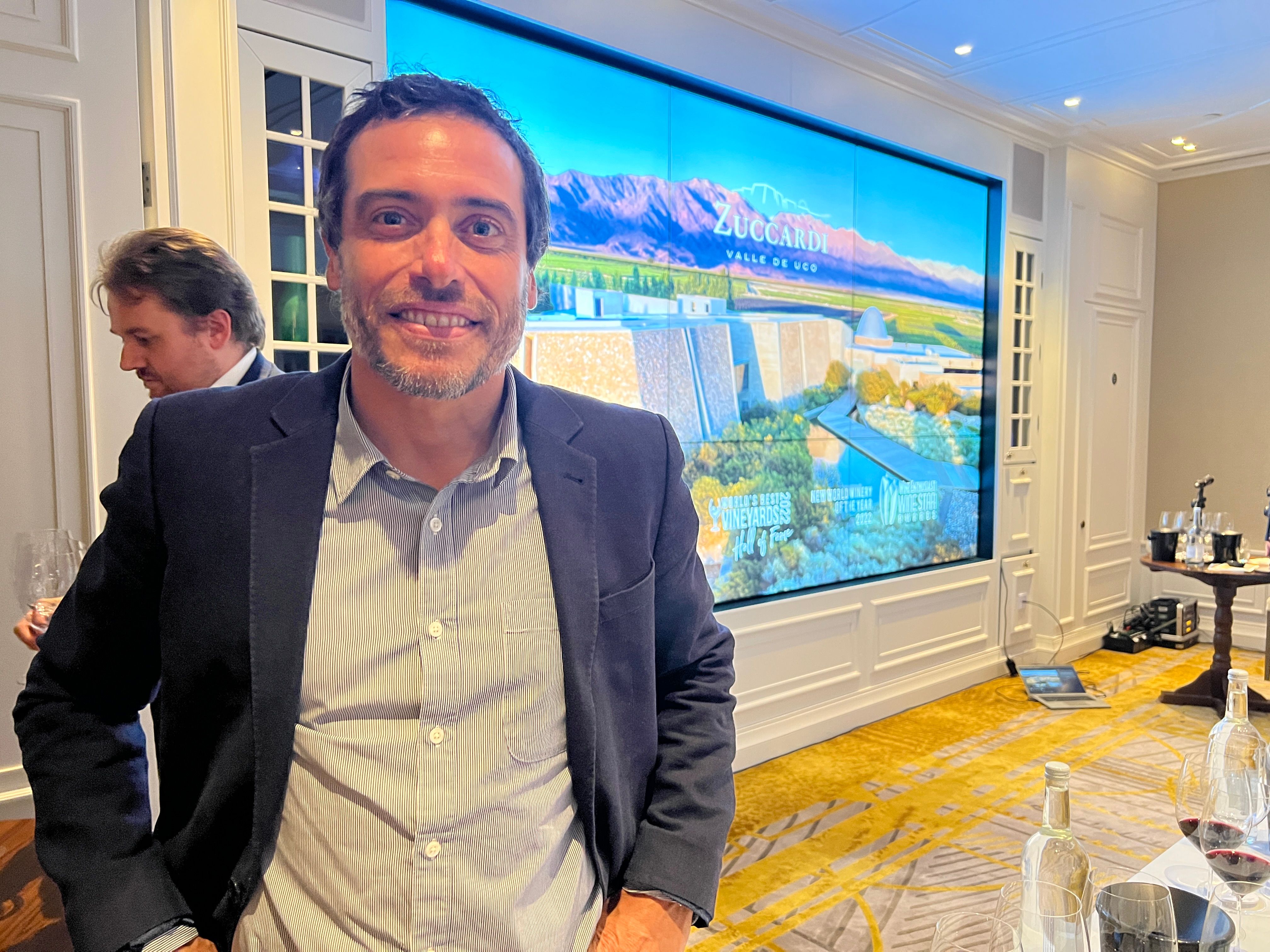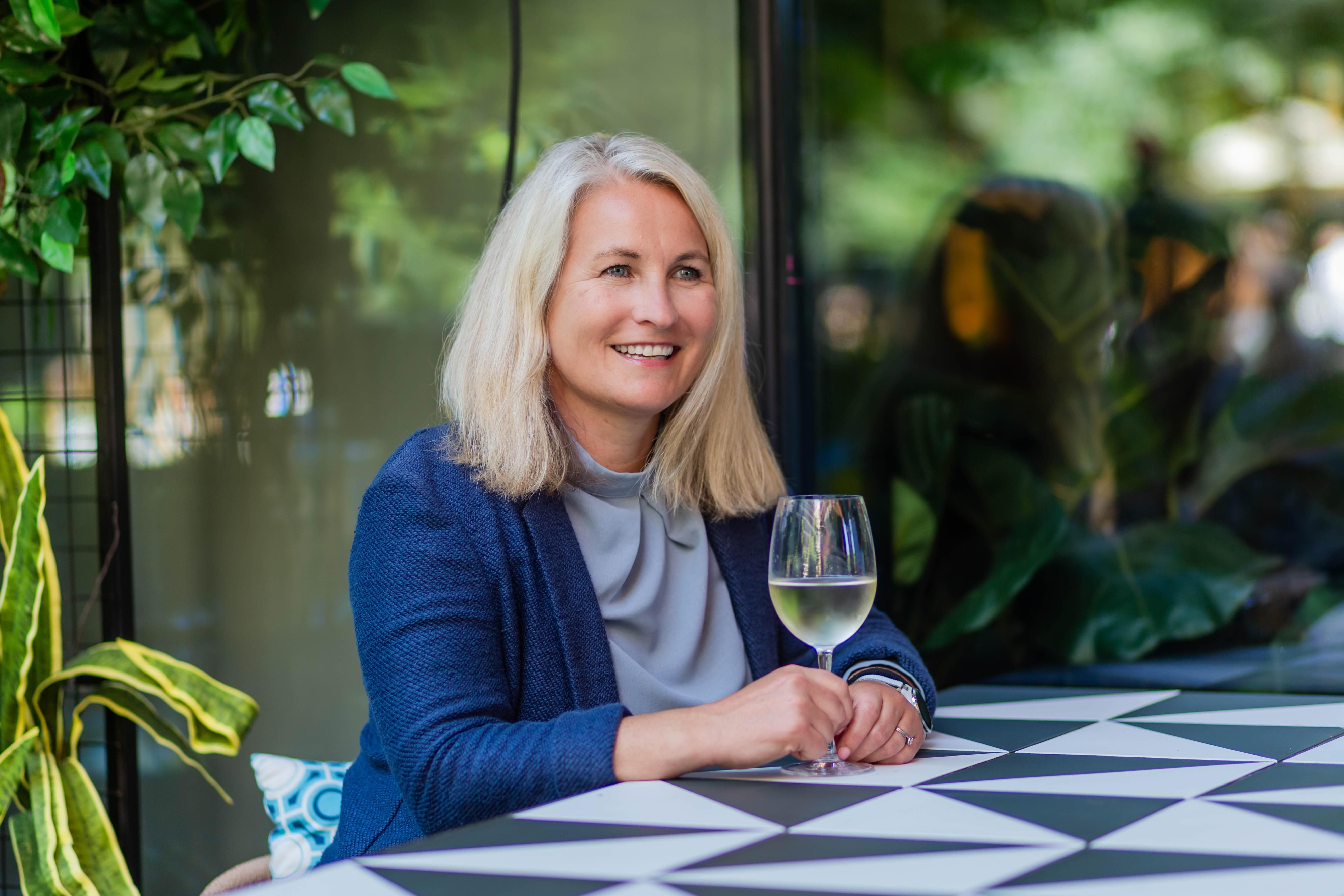Can the deal that brought Henkell Freixenet together prove to be a benchmark in how to get business takeovers right?
Recent history would suggest bigger is not always best when it comes to running successful wine businesses. Particularly when you are trying to put round pegs in square holes. Step forward Conviviality PLC as exhibit A.
But that’s not to say mergers and acquisitions don’t work as the industry is full of them the world over. Particularly as competition across the global wine sector intensifies, with more markets, channels and operators to serve.
It is inevitable we are going to see more strategic moves to bring wine businesses together. The key though lies in that strategy. Are these deals being done just to protect what you have, like taking down a competitor just to make them part of your own business?
Or is there an actual cunning plan driving that acquisition through which will create a new, stronger, more competitive, business as a result? It is rare for such big deals not to have some major bumps in the road along the way. Particularly in an industry that has so many major companies still in independent family control.
Bringing families together is a lot harder than just merging two corporate identities. There are always going egos to be hurt, but when it comes to family, it normally means one family departs the scene.
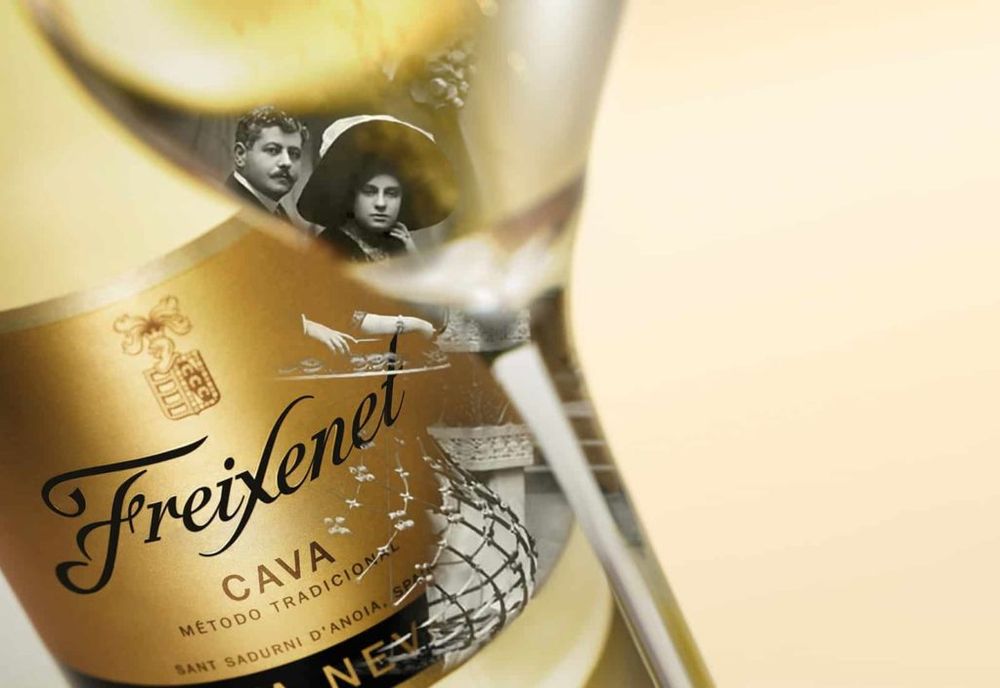
The Freixenet deal has given Henkell the chance to move into Cava for the first time
But in last year’s deal that saw German sparkling wine giant, Henkell, and Spain’s Cava king, Freixenet, come together to create the world’s largest sparkling wine business, we might be seeing just how two major businesses can come together with their respective heads held high.
It probably helps that this has been cited very much as a “partnership” from day one, even though Henkell has effectively bought Freixenet by taking over 50.7% of its capital. It probably also helps that Henkell’s family connections come one step removed through its parent company, Dr Oetker, and Freixenet’s José Luis Bonet will remain part on Freixenet’s board. The price Henkell paid to take the majority share holding was also €220m, exactly half of Freixenet’s €440m largely reported valuation.
Joint objectives
It’s probably too early in the process to get the bunting out just yet, but this is a deal that, from an outsider at least, looks like it has been done with both sides interests at heart. Clearly it helps that they are both effectively doing the same thing. Making and selling sparkling wine. And rather a lot of it. Both Henkell and Freixenet are making the kind of fizz that the everyday drinker around the world wants to drink. They are all about big volumes, big brands and big ideas. And that matters.
Yes, they want to make the best possible sparkling wine they can. But within the price points that they are the masters of. They are not looking to be fine wine businesses selling £100 Champagnes. They are both united in getting as many people in the world drinking fizz as often as possible.
Overnight it has transformed their respective fortunes in key markets around the world. In the UK, for example, the deal saw Henkell’s UK arm, Copestick Murray, the leading wine agency and brand development business with brands such as I Heart as part of its stable, and Freixenet UK join to create the Freixenet Copestick company. By doing so the new business has become the biggest importer and supplier of sparkling wine in the UK, which is some statement considering the amount of fizz that is imported and consumed every year.
A move that means Freixenet Copestick can now set its sights on becoming one of the country’s top five wine companies, with a prospected turnover of £100m in 2019 – and is noticeably still very much on the acquisition trail, says joint managing director Robin Copestick.
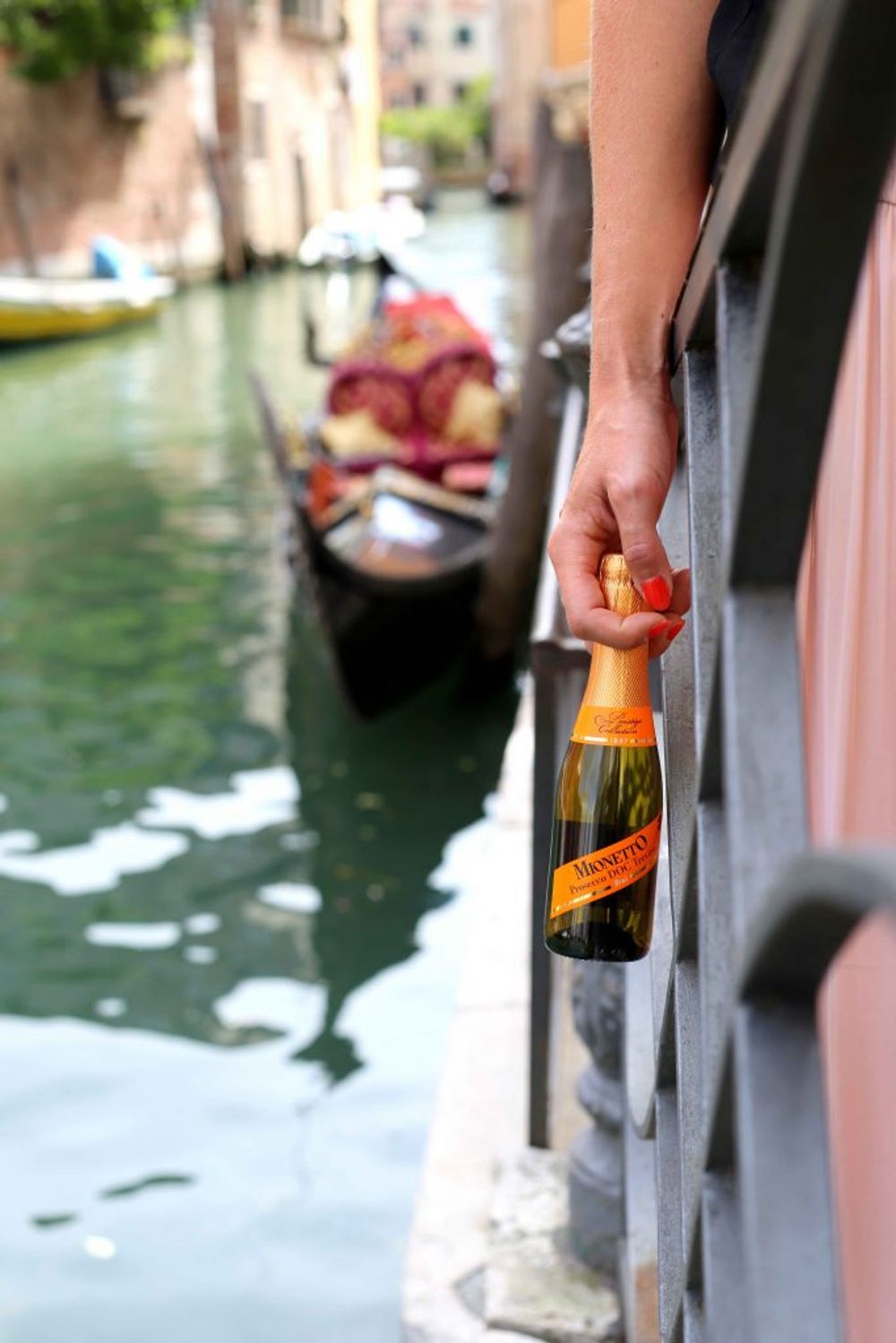
Mionetto is Henkell’s Prosecco brand that is making fast inroads into the premium on-trade
Coming together
How well the business is run in the UK will have a major bearing on what sort of success the combined business can expect to have in other key markets around the world. It is also a good example for other companies in similar positions to follow.
Particularly as Copestick Murray and Freixenet UK are not natural bedfellows. Copestick Murray is an all round wine importing, agency, service and brand development business. Over half of what it does is still working on and delivering private label projects for major retailers, and his heavily involved in sourcing, blending and bringing in large volumes of bulk wine to be bottled in the UK.
But it is also increasingly a major brand business thanks to the success of its I Heart brand that is in up to 30 markets around the word and Mionetto, Henkell’s major Prosecco brand.
Freixenet UK is all about brands and all about sparkling wine. Traditionally Cava, but is also having great success with Prosecco and its first foray outside of Spain.
Copestick Murray relies on and has a reputation for thinking on its feet, and moving and flexing its business model to keep pace with the needs of major supermarket buyers and what consumers are looking to drink. It is primarily off-trade focused with a growing, but much smaller on-trade arm.
Freixenet is 100% focused on getting its brand strategy right and working with national players in both the on and off-trades.
The fact the two have ben able to come together over the last few months – and move to new offices – without a forced redundancy is testimony to the careful approach of its management team, and the openness of its staff to accept change. “It’s not been easy, but we have come a long way when you consider we have only been a legal company since January 1, 2019, ” says Copestick.
As Copestick says many of the team have had to “compromise” with adjusted positions in the wider group and look at the bigger picture of where the business is going to rather than just what job title is on their business card.
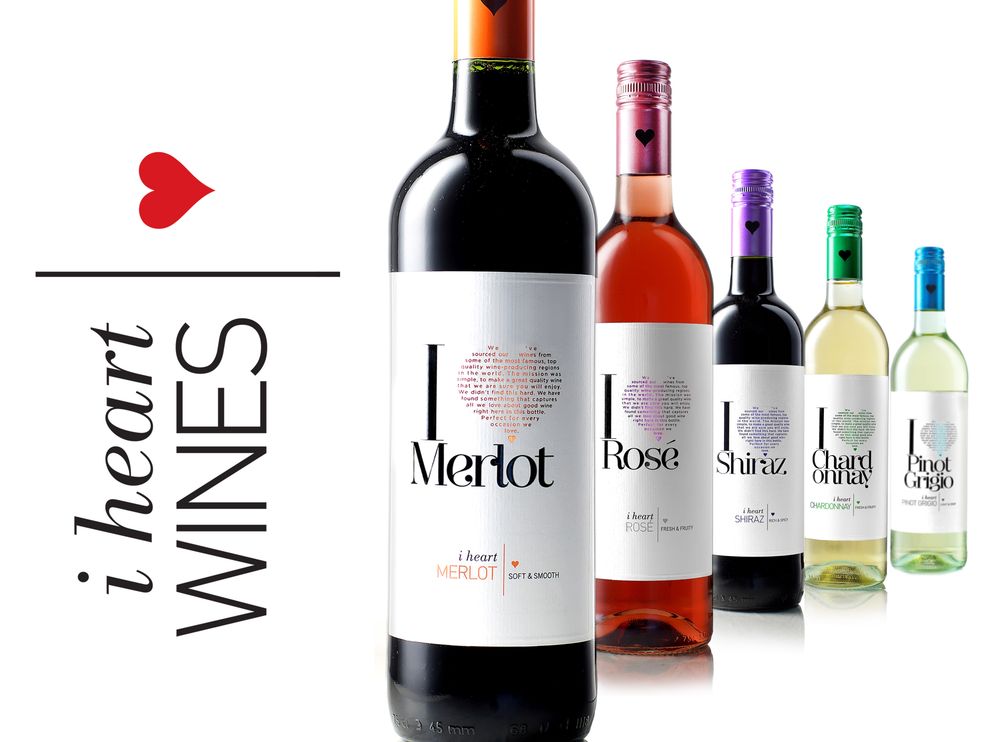
Buyer first approach
But what they do share is a consumer and buyer first business strategy. Neither would dream of doing anything if it was not 100% focused on the needs of their major buyers, or customers and consumers.
So what they might need to make up in terms of shared corporate cultures, they can quickly put to one side when it comes to innovation.
Freixenet, for example, was at last week’s ProWein showcasing its new 0.0% Freixenet range that tap straight into the consumer (and supermarket) demand for no alcohol brands.
What they also share are owners that are privately owned, independent and free to make their own long term decisions, stresses Copestick. “That is almost unique in itself in the UK,” he adds. ‘That gives our customers a lot of confidence in what we are doing and are able to do. Building brands for them is key.”
They can also play, and benefit from, each other’s strengths. Robin Copestick’s best skills lie in innovation, creating new products and looking at new business opportunities. Damien Clarke, managing director of FreixenetUK and now joint head of the new business, will be in control of the day-to-day business and management and running of the overall team.
“We want to create a business that can develop brands, is creative, is self sustainable and a company that anyone would want to come and work for,” says Copestick.
One that also, ultimately, has the power of Dr Oetker presiding over it.
Private label focus
It’s why private label and creating exclusive wines for customers will still be a very important part of what it does even with a far more branded focus. Private label, for example, is currently around 50% of the Copestick side of the business, compared to 90% five years ago. “We’ll probably get to a point where we are 75% branded, and 25% private label.”
“Private label is still very important for us. Remember we also have direct access wineries, through Henkell, to supply own label. So that 25% will still be a big number.”
How all of that plays out will be closely watched by the overall Henkell Freixenet business. Many of the lessons are the same, some are different, but how you handle working cultures and management egos are just as important in getting one of these major international deals right as it is working out how they are going to carry on selling their major brands.
- This article is adapted from the one that was first published on VINEX, the bottling and bulk wine trading site.
